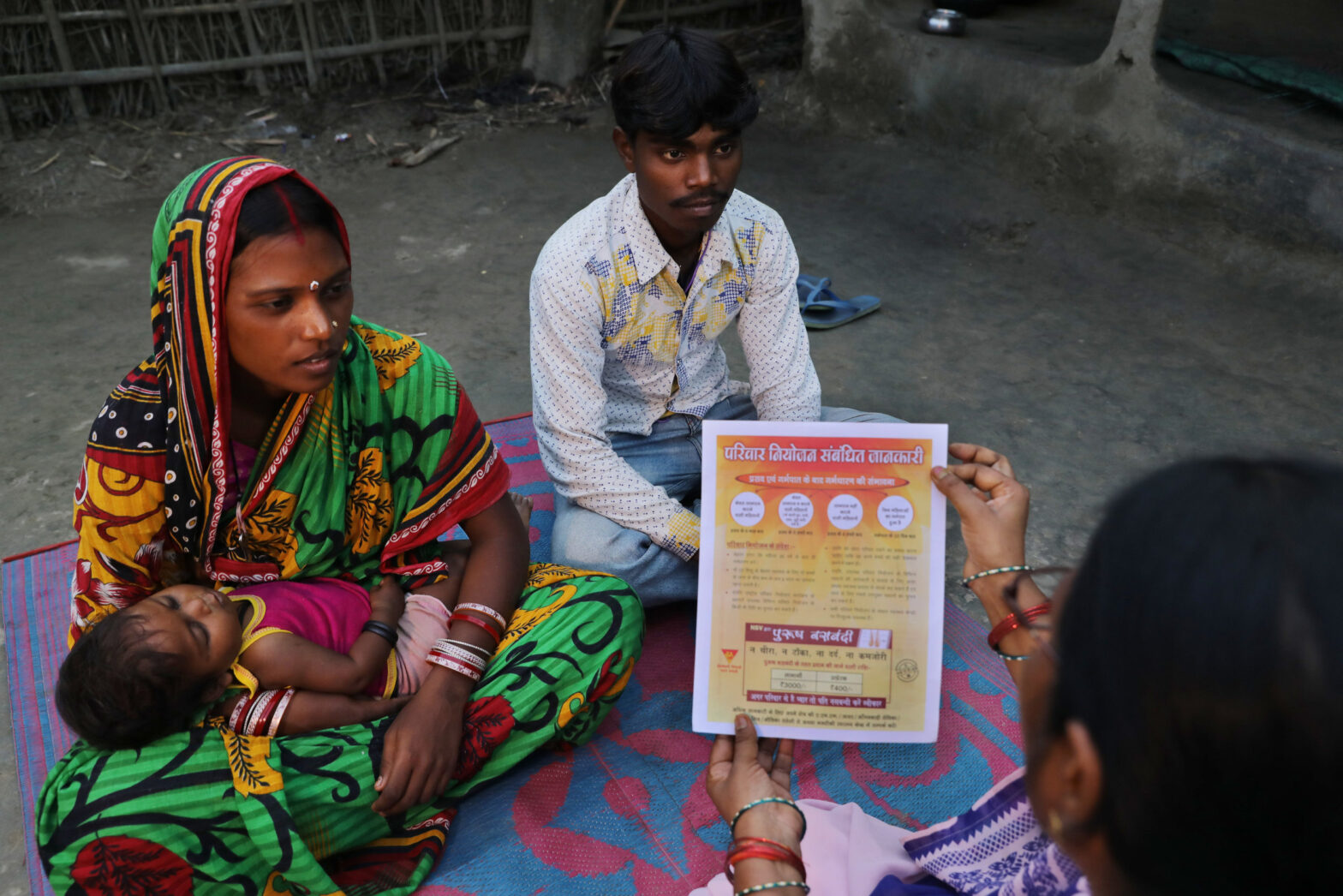Background: In 2020, we reached a family planning (FP) temporal milestone. This paper seeks to understand the political economy of commitments and normative best practice within FP national programs, contributing to “stock taking” of change objectives for national ownership and domestic financing of FP programs post FP2020. Stock taking is needed to understand, for example, do we expect our current approaches to deliver greater commitment or do we need to change our approach? Is time the limiting factor for FP2020 commitments or are other, contextual, mechanistic and implementation factors more critical?
Methods: This paper uses mini-case studies from Kenya, Afghanistan, India, Pakistan, Ethiopia, Malawi, and Rwanda to offer insights in response to these questions. It drew from country status updates of national FP program commitments published on the FP2020 website. These included country self-assessments, country action for acceleration plans and revitalised commitments using standard templates provided by FP2020.
Results: Critical factors emerging from the case study analysis suggest the following. Context: Country programs that adapted best practices through thoughtful selection, regular monitoring, and course correction, were more responsive to context and better able to scale interventions. Mechanism: Programs that embedded commitments within national health reforms and transformative agendas were able to sustain commitment and mechanism more effectively over time. Implementation: Programs that were able to balance central coordination with devolved implementation, more effectively translated commitments to action. Monitoring: Programs that placed emphasis on monitoring progress and course correct were better able to steward national commitments and partner inputs.
Conclusions: National FP programs included within the country comparative analysis benefitted from their engagement with FP2020. However, not all were able to convert FP2020 commitments into national ownership. In many FP2020 contexts, there is less need for a technical intervention and greater need for engaging politically on sensitive issues that constrain women’s and adolescent empowerment and rights and access to FP.
